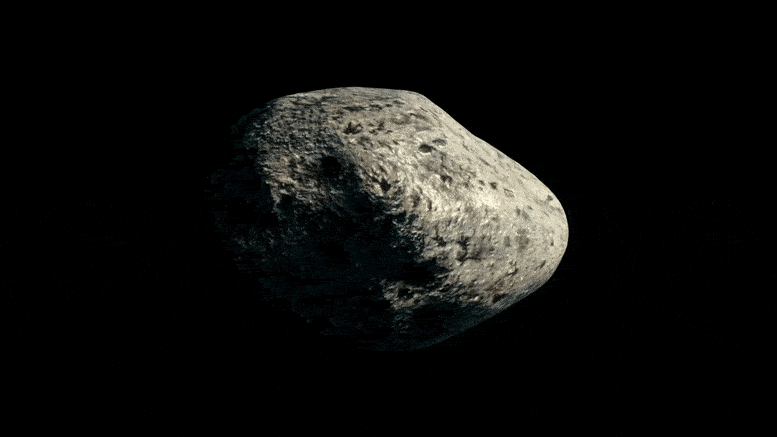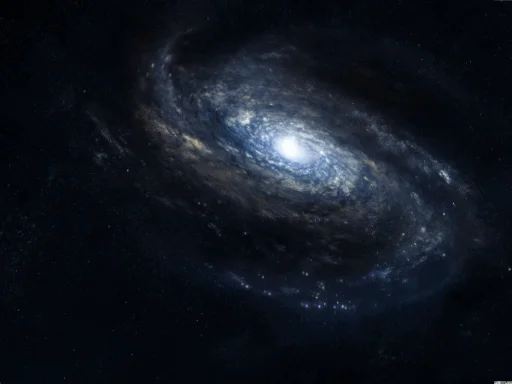

During this class we will learn about galaxies.
After watching the introductory videos, create an infographic that includes:
What is a galaxy?
Examples of galaxies in the universe
What are they made of?
Types of galaxes and their general information
How do we investigate them?
Outer space is filled with incredible rocks that travel
through the solar system, each with its own unique
journey. Some remain in distant orbits, while others
streak through the sky or even make their way to
Earth. Some are made mostly of rock and metal,
while others contain ice and dust that create dazzling
tails. These space travelers may seem small compared
to planets and stars, but they hold important clues about
the history of our solar system and how it was formed!
In today’s lesson, we will explore the fascinating world of asteroids and other space rocks! Our goal is to understand the differences between the many objects traveling through space, from rocky asteroids to icy comets. We will also learn how these objects get different names depending on where they are—whether they stay in space, burn up in Earth’s atmosphere, or land on the ground as meteorites. By the end of this lesson, you’ll be able to explain what makes each of these space travelers unique!
1) Read the following PDF file and answer the 4 questions at the end of the reading about asteroids:
2) Visit the website from the Government of Canada and briefly define: comet, meteorite and meteor:
3) Visit the NASA website and explore the animation about asteroids, then choose 1, draw it with details and write the information about its discovery, size, distance and period of rotation.
WEEK 13
Class 1: Galaxies
Class 2: Rocks in space



